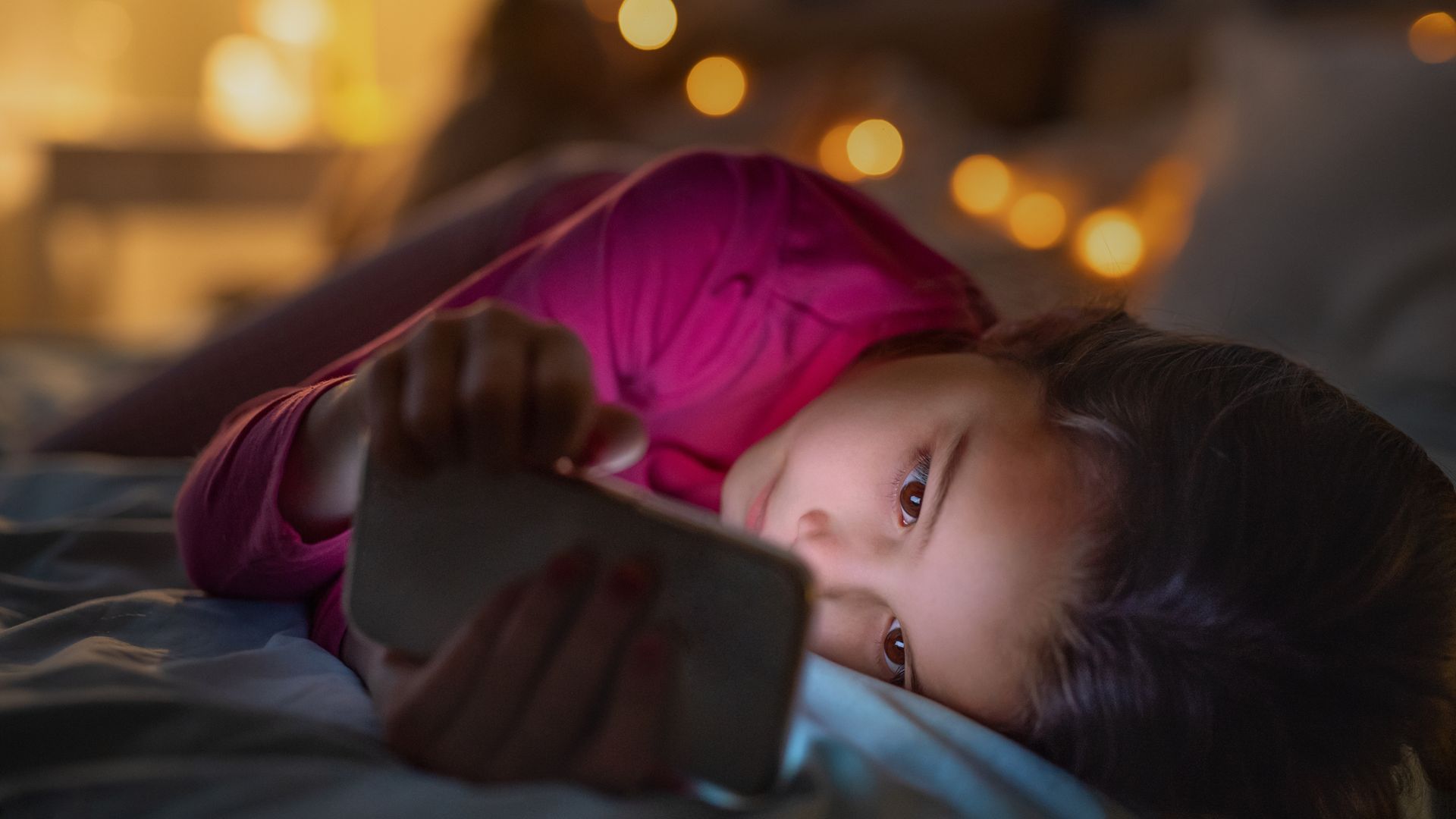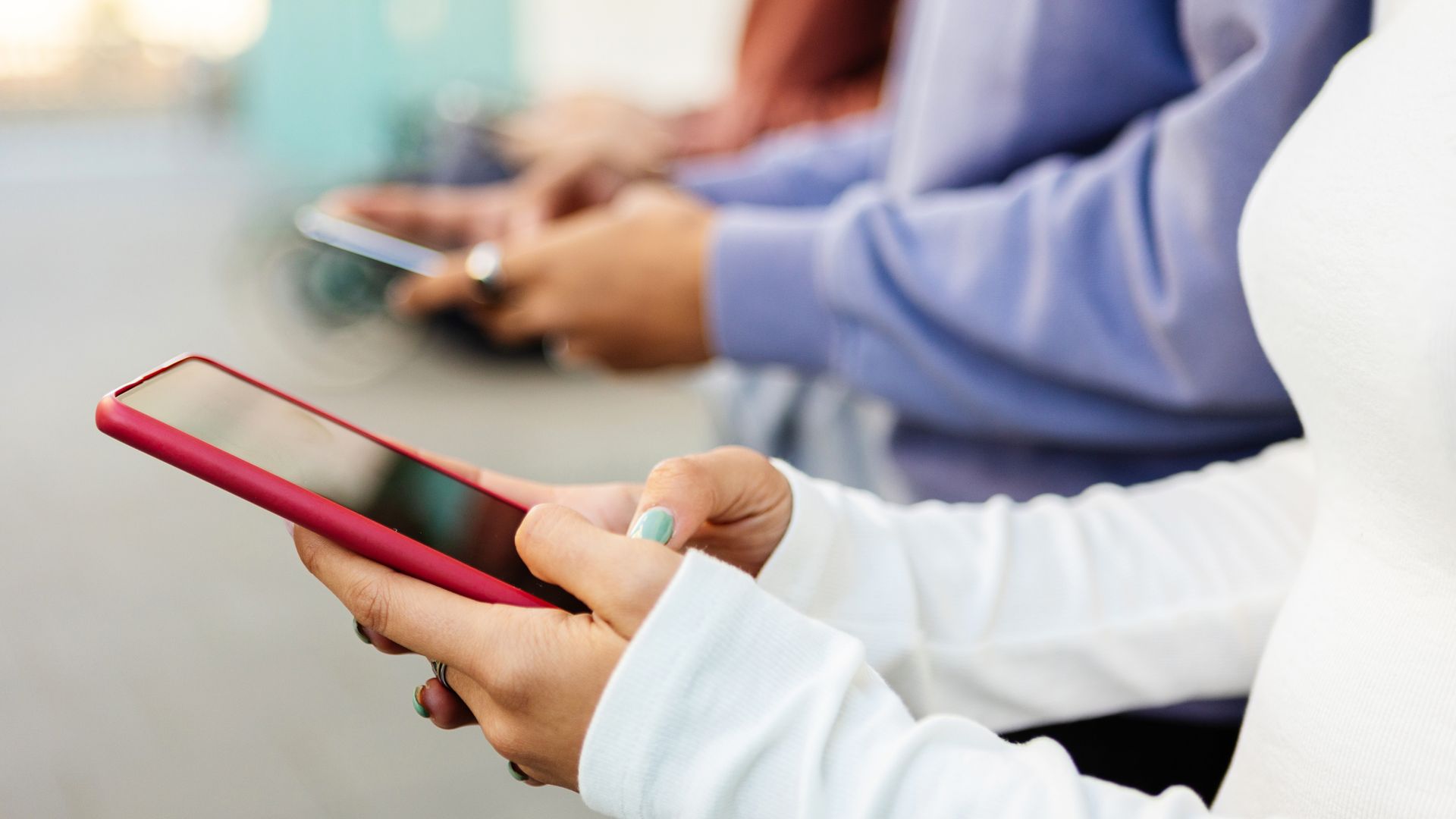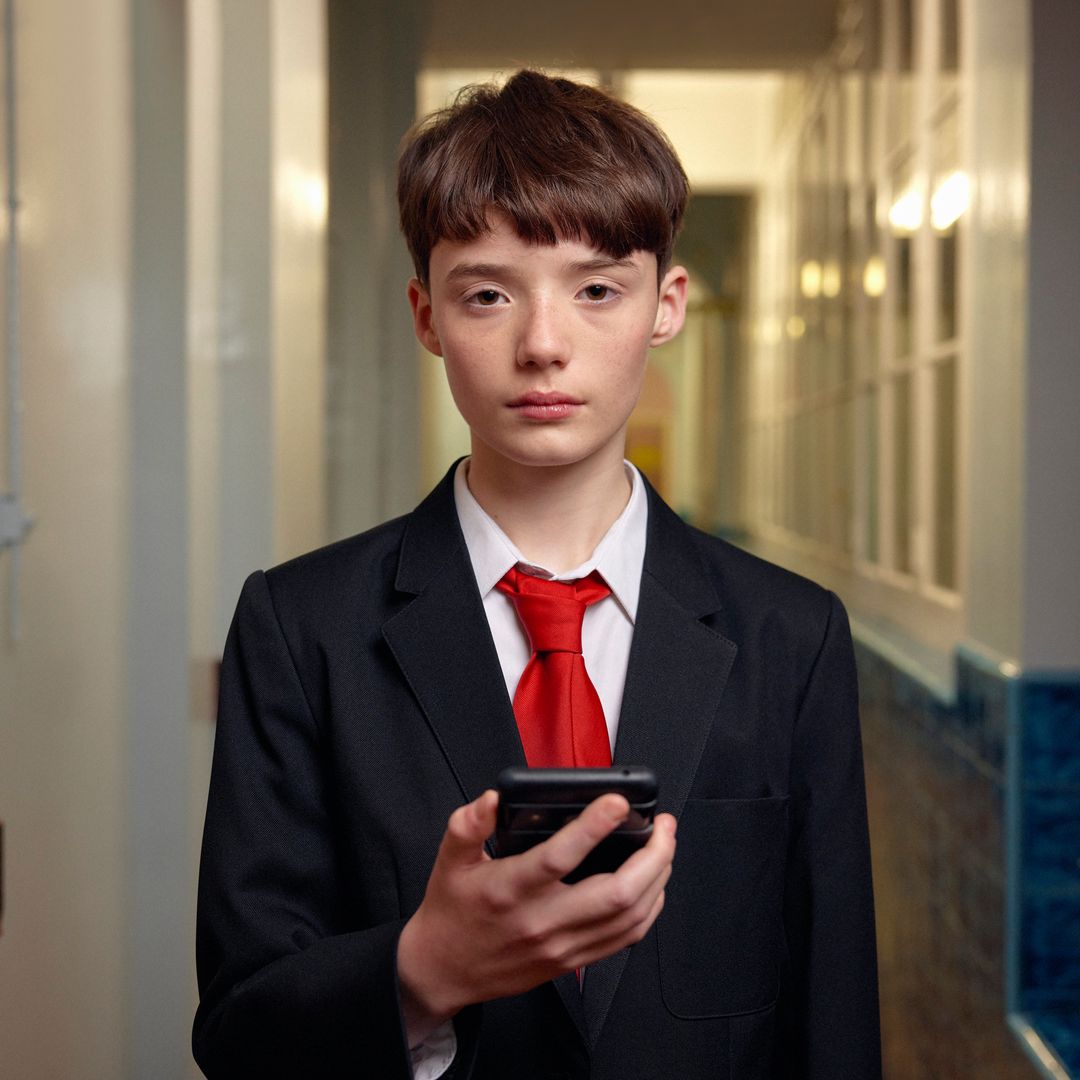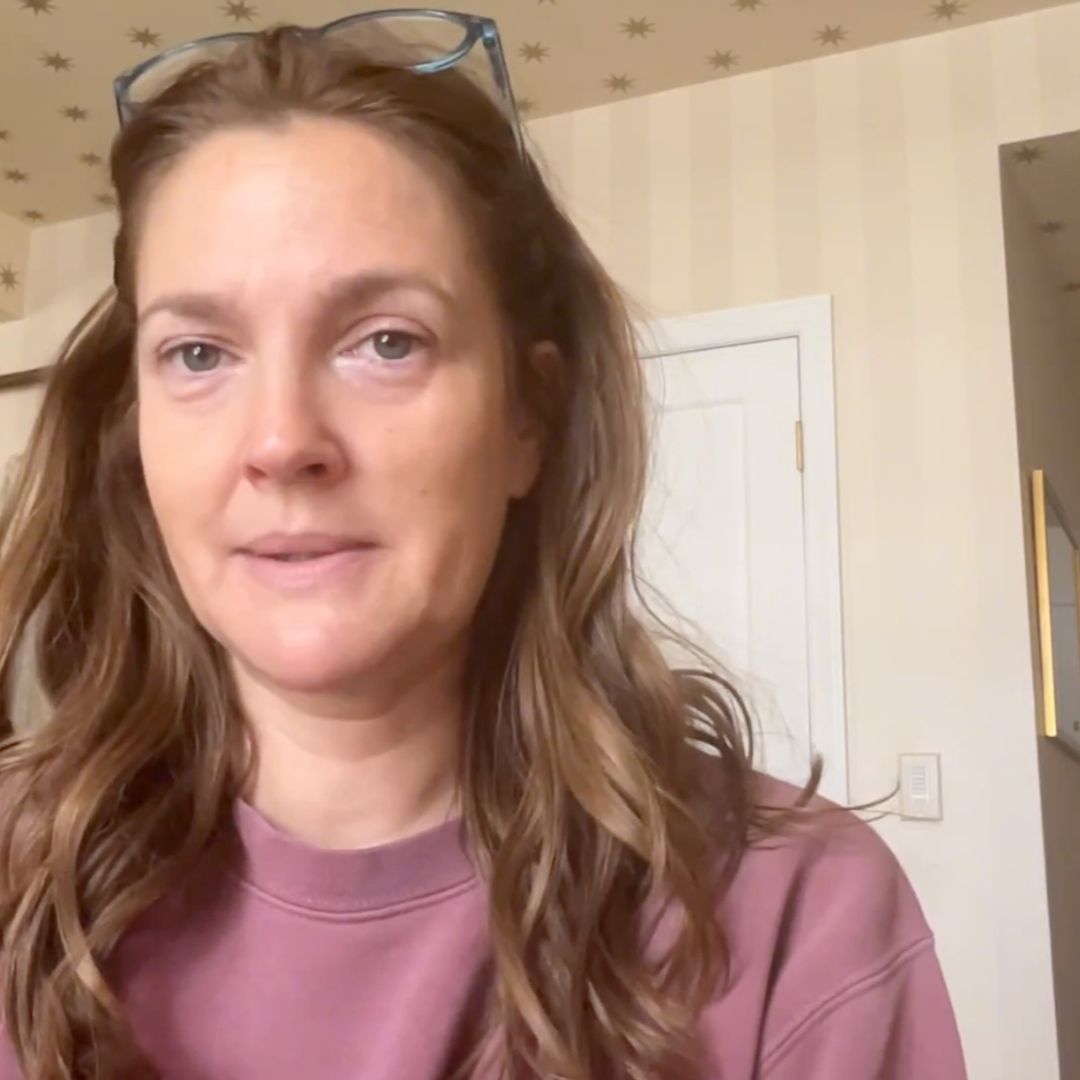As the UK heads to the polls on 4 July to vote in the General Election, HELLO! questioned party leaders Rishi Sunak and Ed Davey about their plans for improving online safety for our young people.
It's a worry many of us parents face on a daily basis: how do we know our children and teenagers are safe when they are gaming with their friends online, scrolling social media or looking at websites?
In a huge step for young people's internet safety, the Online Safety Bill was recently passed as law and is currently in a period of consultation with the regulator Ofcom. The new bill will mean that online platforms will have to abide by more stringent laws regarding our children's safety. But does this go far enough?
Below, Conservative Party leader Rishi Sunak and Liberal Democrats leader Ed Davey answer our questions on the future of online safety in the UK…
What are your party's plans to improve online safety on smartphones, social media and online gaming for young people?
Rishi Sunak:
"As the father of two young girls, this is on my mind a lot. I care deeply about keeping children safe online and, while the Government has done a huge amount of work on this in recent years, it is a constantly evolving area and we will have to keep looking at government policy as technology changes so that we can remain one step ahead.
"We have already passed a new law called the Online Safety Act, which for the first time puts requirements on social media companies like Meta and YouTube to take proactive measures to remove illegal content. They can no longer simply say 'it’s user content, we’re not responsible' – they are and they must.
"This puts us ahead of most countries, and the measures are starting to come into force now. The powers in this are really tough – if tech firms fail to live up to their responsibilities, they face fines of up to 10 percent global turnover and, in certain circumstances, criminal charges.
"These are extremely severe sanctions for businesses, so I am confident they will work in making tech firms take this issue seriously and prioritise safety, especially for kids."
Ed Davey:
"There is a mental health emergency among our children that we drastically need to address. The rise of social media particularly has put young people at greater risk online. "The Liberal Democrats are demanding a proper plan to tackle this crisis by guaranteeing a mental health expert in every school paid for by trebling the Digital Services Tax on social media firms and tech giants.
"While the Conservatives have wasted precious time failing to grasp the severity of this crisis, we recognise the importance of protecting the rights and wellbeing of every child which is why we would establish an independent advocacy body for children’s safety online.
"To make the online sphere a safer space for children, the Liberal Democrats would introduce a Digital Bill of Rights to protect everyone’s rights online, as well as requiring social media companies to take stronger action on tackling online abuse against women and girls."
Smartphone Free Childhood are campaigning for no smartphones for under 14s and no social media for under 16s, due to the harmful effects on young minds. Do you agree with this campaign, and if so, will this law come into effect under your government?
Rishi Sunak:
"The Smartphone Free Childhood campaign is truly inspiring and a great example of how grassroots organisations can bring about change. I sympathise hugely with their campaign and goals.
"However, this is also an area where technology is changing fast and I believe in empowering parents to know what’s best for their kids, so our focus is getting the framework in place to achieve this rather than legislating from the top down with a blanket ban.
"We have pledged to consult urgently on how we can strengthen age verification and parental controls for social media, which will give parents the peace of mind that we support them when it comes to keeping their children safe online."
Ed Davey:
"Keeping children safe online is more difficult than ever but also more important than ever. Both the Government and social media companies must do more to protect children from harmful content and activity online.
"It should be for parents to decide what’s best for their own children, but we need to do more to empower parents to protect their children online – including through digital literacy education, and advice and support from schools. smartphone and social media usage for their children.
"Education is crucial. Schools need to teach children about these dangers, and how to use the internet and social media safely and responsibly."
How do you manage smartphones with your own children at home and do you think smartphones should be banned in primary and secondary schools?
Rishi Sunak:
"It’s not always easy! My wife and I have always tried to find a balance for our girls, making sure we limit their screen time and encourage other activities like playing sport.
"I have to say it’s not an easy area to navigate as a parent – even as someone who is relatively tech savvy, I only recently became aware of some useful parental tools to help ensure we get the right balance.
"When it comes to smartphones in schools – yes, they should be banned. We have published guidance that backs headteachers in banning mobile phones in schools, including during break times, to tackle disruptive behaviour and online bullying. In our manifesto, we have pledged to change the law to make this guidance statutory, meaning all schools must operate a ban.
"I can understand why parents may want children to have a mobile with them for before and after school in case of emergencies, but there is no reason why they should be used during the school day. The benefits to a proper in-school ban have been proven too, with children performing better and feeling happier."
Ed Davey:
"My son John is disabled and needs 24-hour care. Like every young person he loves his iPad time, but we know that getting exercise is so important for his well-being. Usually, he gets an hour on the tablet while Emily or I make dinner.
"When it comes to restricting smartphone usage in schools, many schools already have specific mobile phone policies in place and many parents feel that a blanket ban is not the most appropriate course of action for their children.
"That’s why we think we should trust headteachers to decide on mobile phone policies in their schools, engaging with parents as they do so."
*HELLO! has approached Labour party leader Keir Starmer for his views on online safety but he is yet to respond











